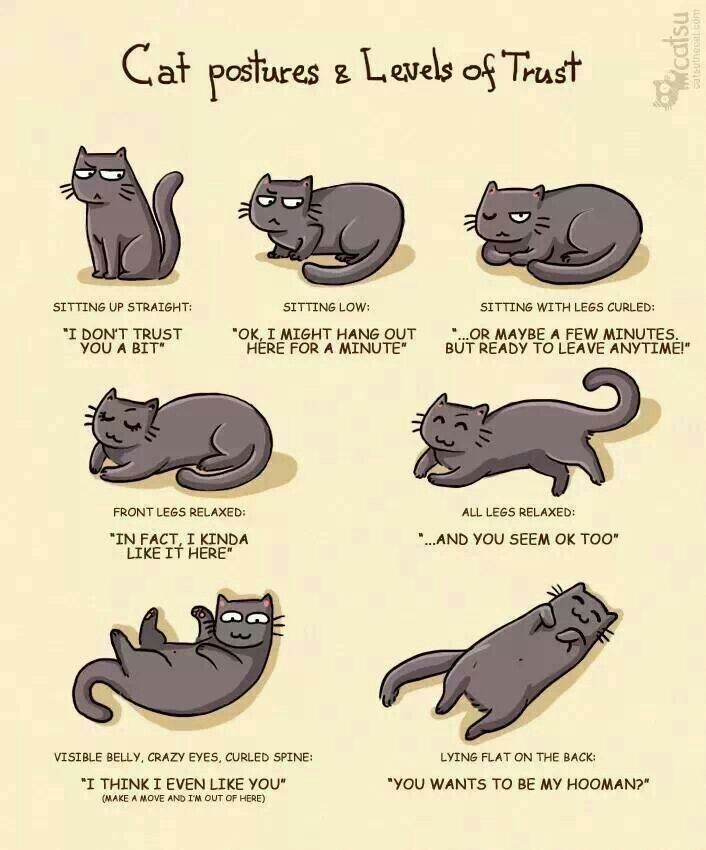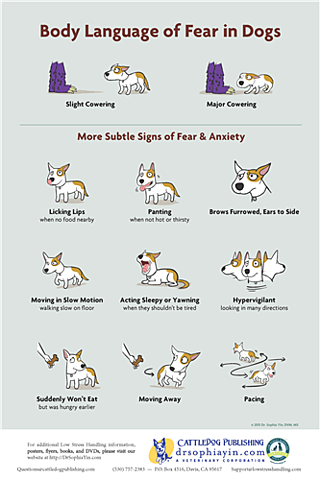4 Ways To Reduce Fear, Anxiety, and Stress (FAS)
- Taylor Campione, DVM

- Jul 26, 2019
- 1 min read
Updated: Nov 16, 2019
Fear provoking stimuli (traveling, loud noises, new people or pets, etc) can be terrifying and dangerous for some pets, but using a combination of the following four recommendations is likely to help take the edge off. Remember, pets should be closely monitored and kept somewhere quiet and safe during stressful events, and if you notice anything concerning you should take them to the vet ASAP.
1. Calming Supplements/Food
There's a wide variety of products available, and since supplements are not regulated, its best to stick with studied brands. Some types of products include Purina's calming care probiotic, which decreased signs of anxiety in 90% of dogs, others include Solliquin, which has milk proteins and tryptophan (an essential amino acid) that have been proven to increase seretonin and have calming affects for both cats and dogs. Another common ingredient is essential oils, which research doesn't seem to support but anecdotal experience might. Royal Canin has even formulated a calming diet for dogs and cats, and Hill's as added anti-anxiety ingredients to some of their feline urinary diets.
2. Thundershirt
The thunder-shirt is a quick and easy adjunct for many pets and is essentially a cloth wrap made to swaddle your pet's torso to provide calming effects.
3. Calming Phermones
Adapti, Feliway and Sentry make collars, sprays, and diffusers that release calming phermones +/- essential oils.
4. Medications
Prescribed by your vet, often a combination of medications is needed to produce desired anti-anxiety effects and reduce side effects.
Assessing FAS in Cats
Assessing FAS in Dogs
![[Original size] Happy Healthy Pets Logo.](https://static.wixstatic.com/media/332d28_70f951341ee0460dbdf2df8f15bfbade~mv2.png/v1/crop/x_135,y_164,w_232,h_203/fill/w_120,h_90,al_c,q_85,usm_0.66_1.00_0.01,enc_avif,quality_auto/%5BOriginal%20size%5D%20Happy%20Healthy%20Pets%20Logo_.png)























Comments